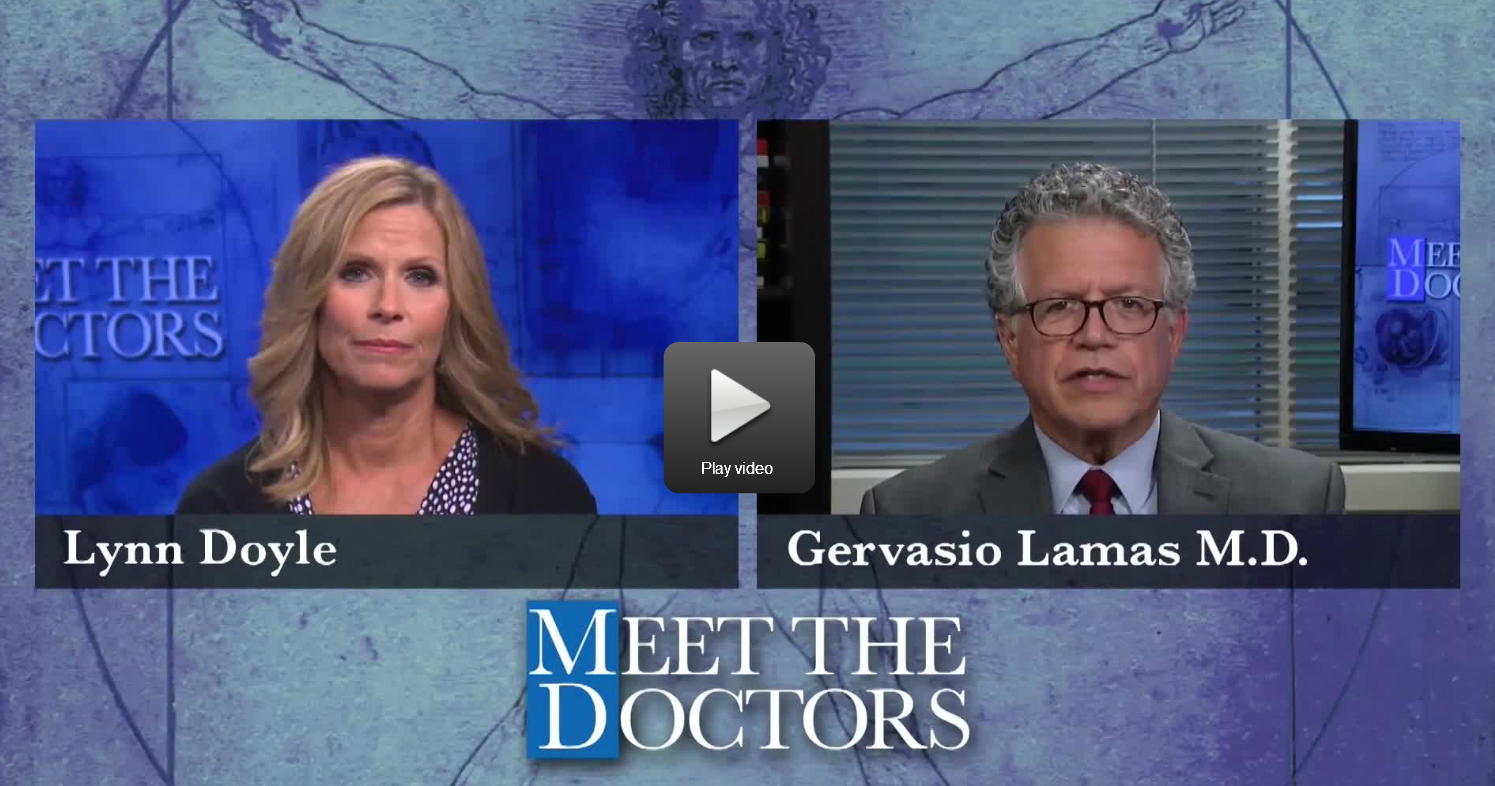| Title |
Edetate Disodium-Based Treatment for Secondary Prevention in Post-Myocardial Infarction Patients |
| Journal |
Current Cardiology Reports |
| Authors |
Lamas GA, Issa, OM |
| Year Published |
2016 |
| Link to article |
| Link to abstract |
Abstract
An abundance of data, known for decades, is available linking metals, such as lead and cadmium, with cardiovascular disease. However, the idea that these toxic metals could be a modifiable risk factor for atherosclerosis did not become apparent clinically until the completion of the Trial to Assess Chelation Therapy in 2012. This pivotal study was the first double-blind, randomized, controlled trial of its kind to demonstrate a clear improvement in cardiovascular outcomes with edetate disodium therapy in a secondary prevention, post-myocardial infarction population. This effect size was most striking in diabetic patients, where the efficacy of edetate disodium was comparable, if not superior, to that of current guideline-based therapies. Given the economic burden of diabetes and cardiovascular disease, the potential impact of this therapy could be enormous if the results of this study are replicated.



